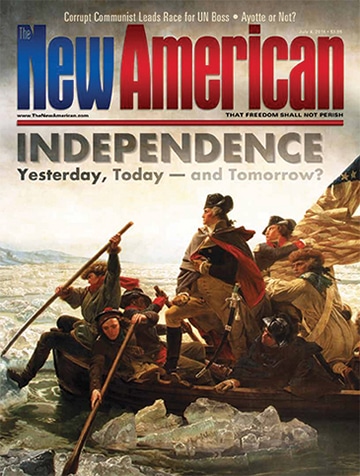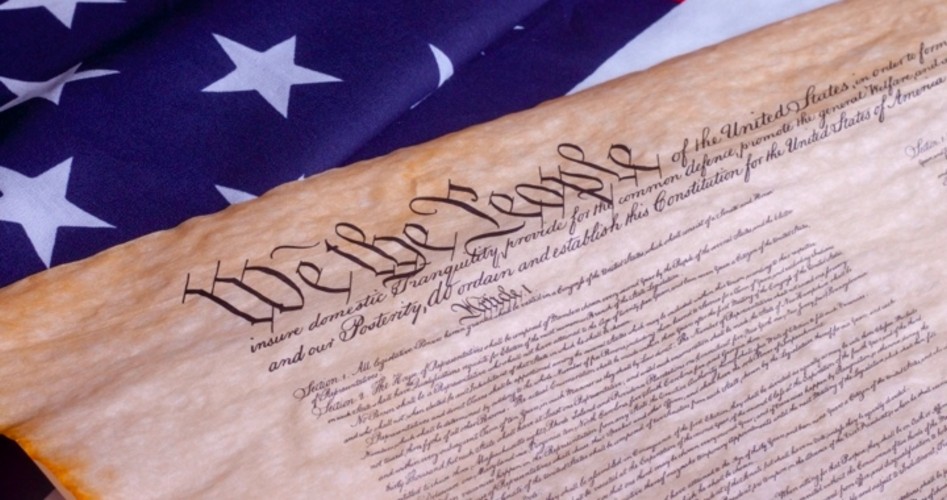What Type of Government Do We Have?
Although the United States of America has more than 320 million citizens — making her the world’s third most-populous country — few Americans know what type of government we actually have. While most of us understand that, in some sense, our government is understood to belong to the people — to be the servant and not the master — there is widespread confusion over how our system of government is supposed to work, and even what type of government we have. Many Americans believe that we live in a democracy. This claim is almost universally accepted in the news media, but is it true? If the United States of America is a “democracy,” then why, in the Pledge of Allegiance that used to be universally recited by schoolchildren every morning, is reference made to the “republic (not “democracy”) for which it (the flag) stands”? Why is the famous war hymn not entitled “The Battle Hymn of the Democracy”?
The American Founders took pains to distinguish republics from other forms of government, including democracy. In The Federalist, No. 10, James Madison clearly spells out the difference between democracies and republics. A “pure democracy” he defined as “a society consisting of a small number of citizens, who assemble and administer the government in person,” while a “republic” is “a government in which the scheme of representation takes place.” Based on the example of the ancient Greek city-states, Madison opined that democracies are inherently unstable and short-lived, “spectacles of turbulence and contention” that were actually injurious to liberty. Democracy in theory was more beloved of egalitarians (later named socialists) than of true partisans of liberty. Wrote Madison:
Theoretic politicians, who have patronized this species of government, have erroneously supposed that by reducing mankind to a perfect equality in their political rights, they would, at the same time, be perfectly equalized and assimilated in their possessions, their opinions, and their passions.
JBS Member or ShopJBS.org Customer?
Sign in with your ShopJBS.org account username and password or use that login to subscribe.

 Subscribe Now
Subscribe Now
- 24 Issues Per Year
- Digital Edition Access
- Exclusive Subscriber Content
- Audio provided for all articles
- Unlimited access to past issues
- Cancel anytime.
- Renews automatically

 Subscribe Now
Subscribe Now
- 24 Issues Per Year
- Print edition delivery (USA)
*Available Outside USA - Digital Edition Access
- Exclusive Subscriber Content
- Audio provided for all articles
- Unlimited access to past issues
- Cancel anytime.
- Renews automatically


